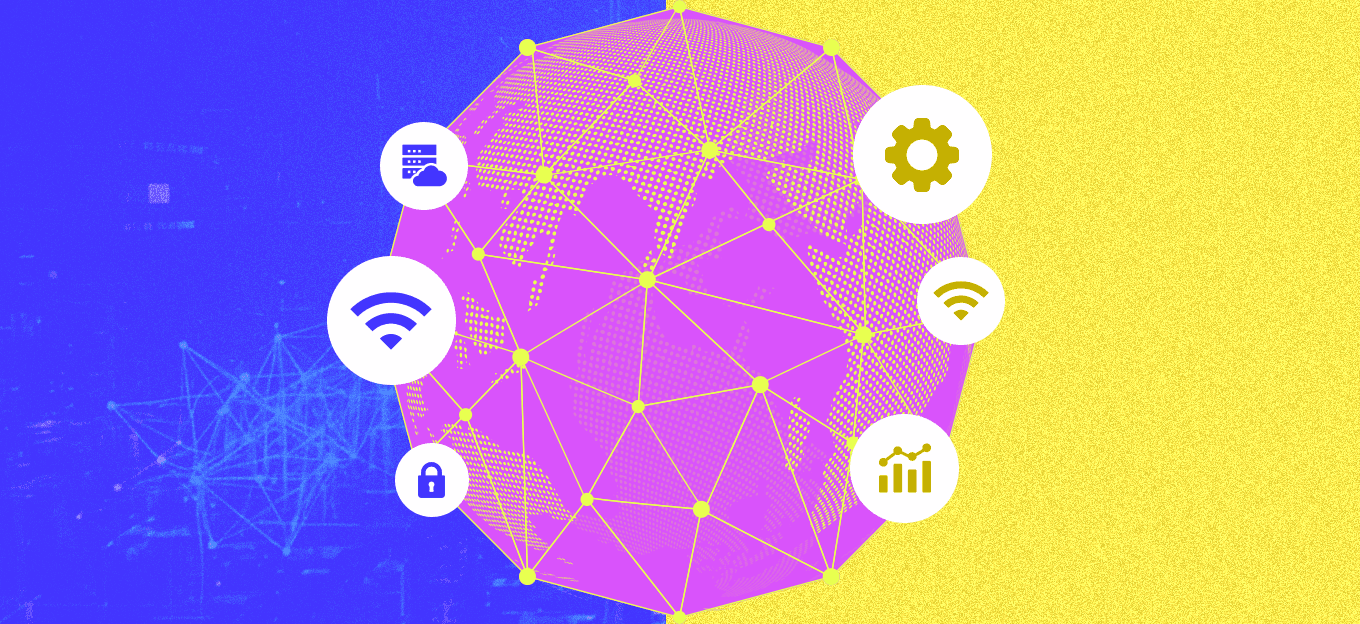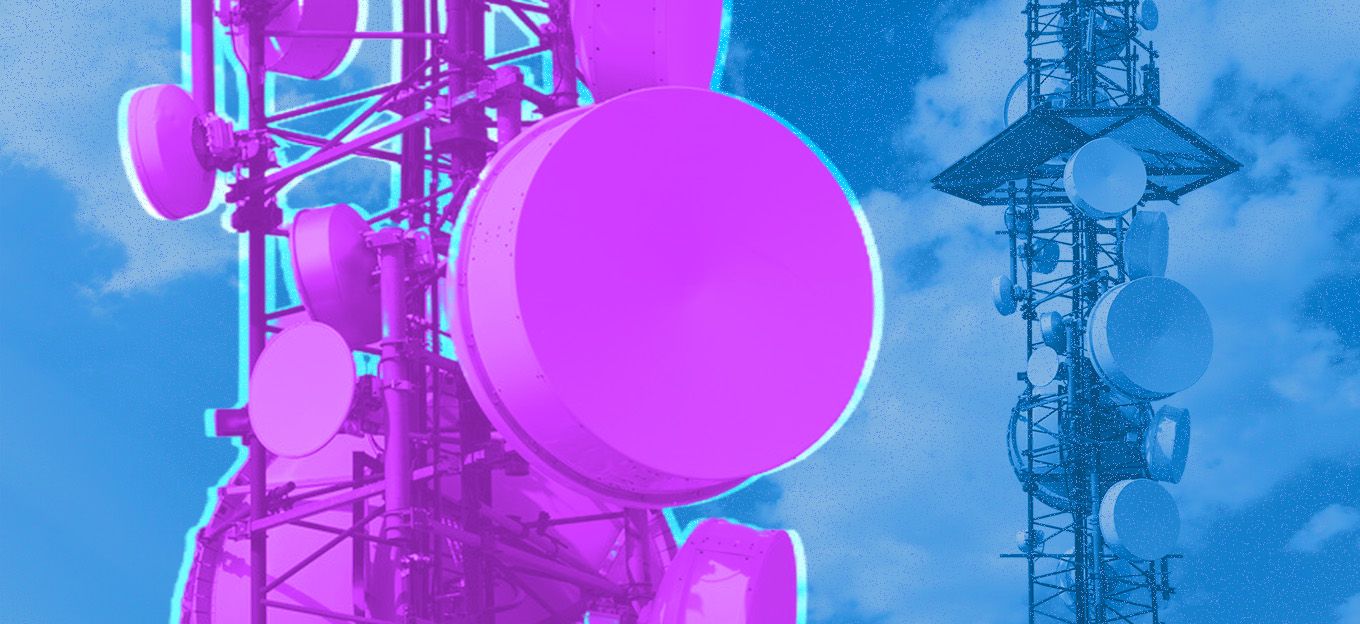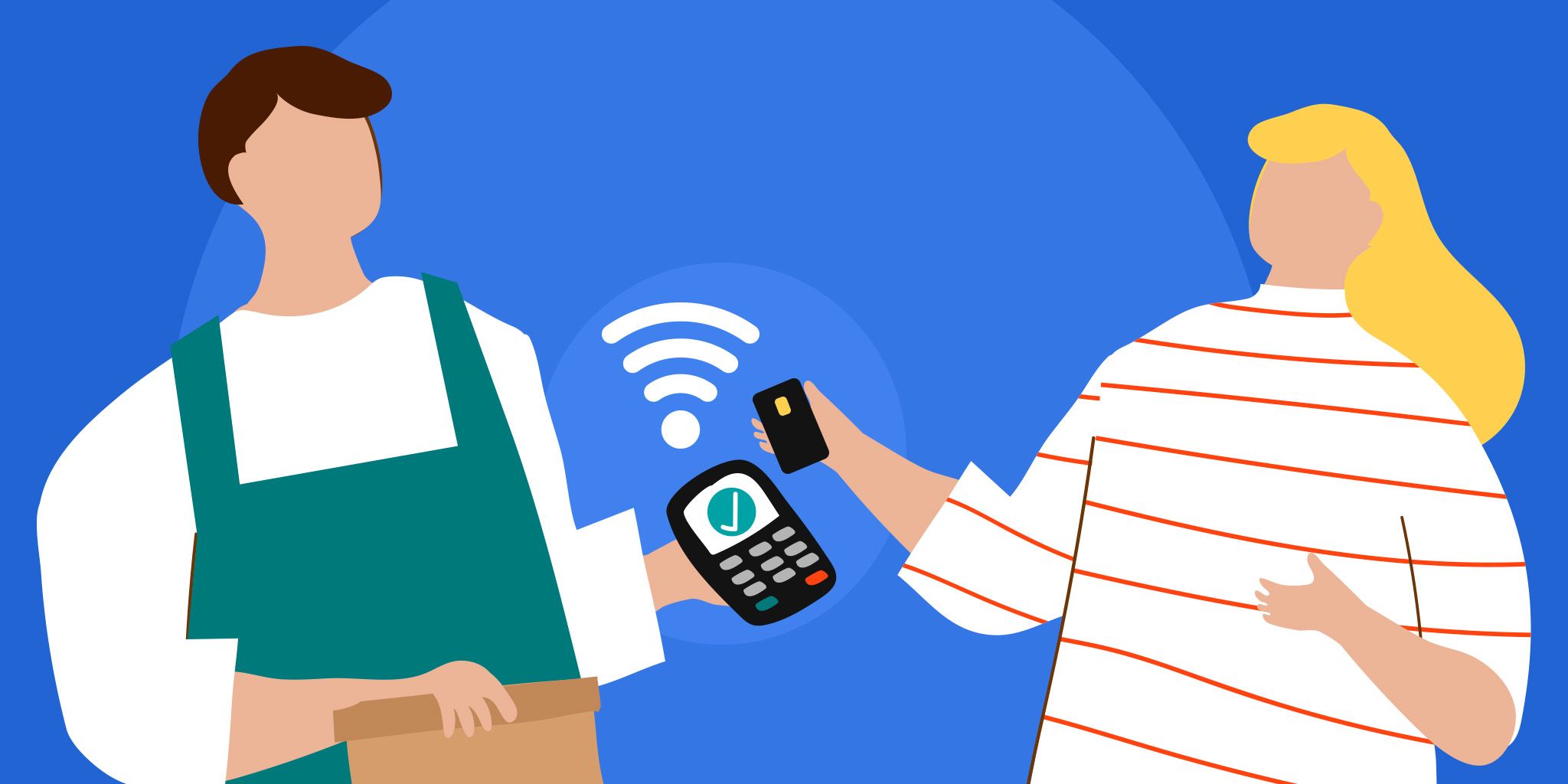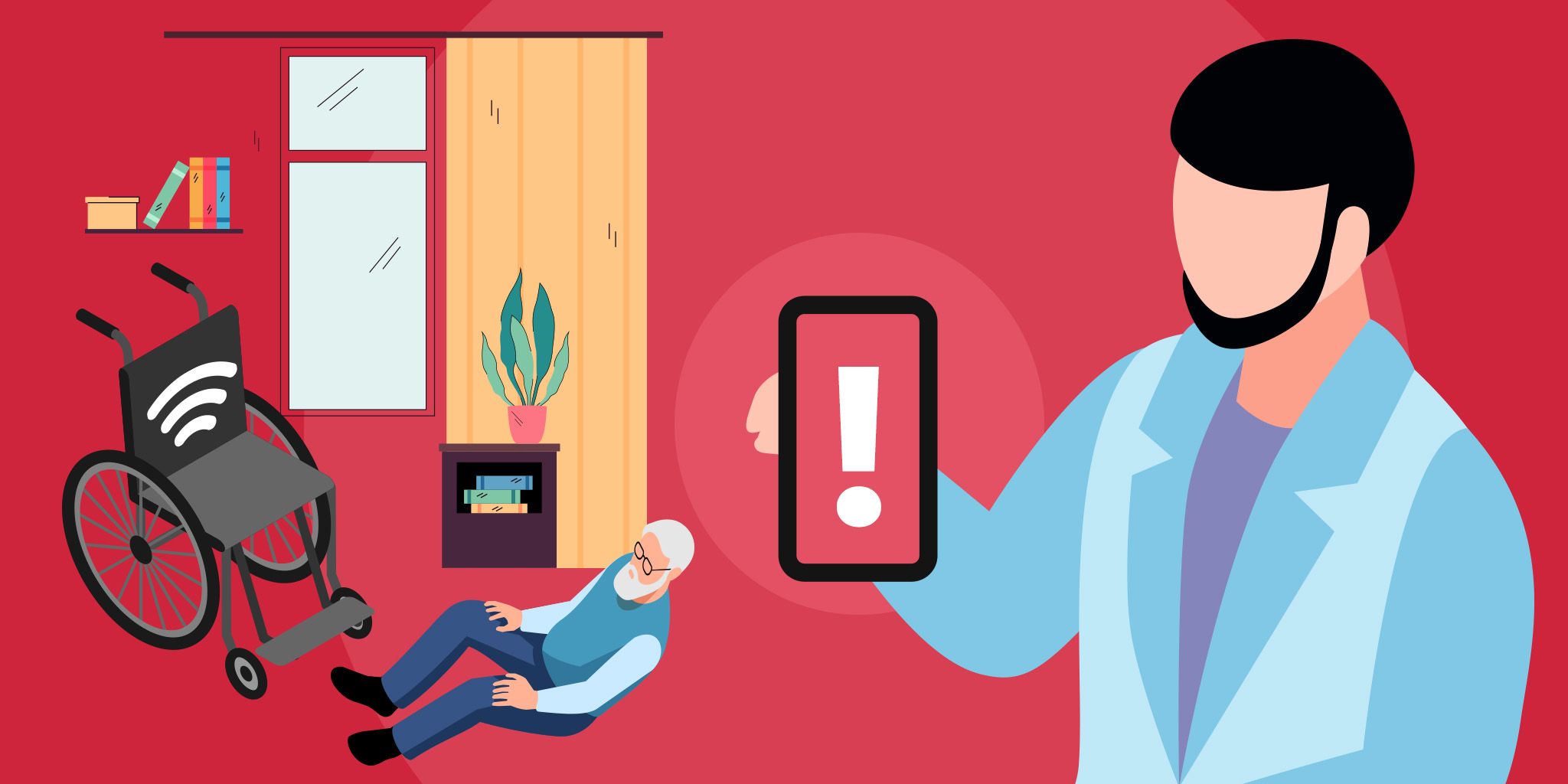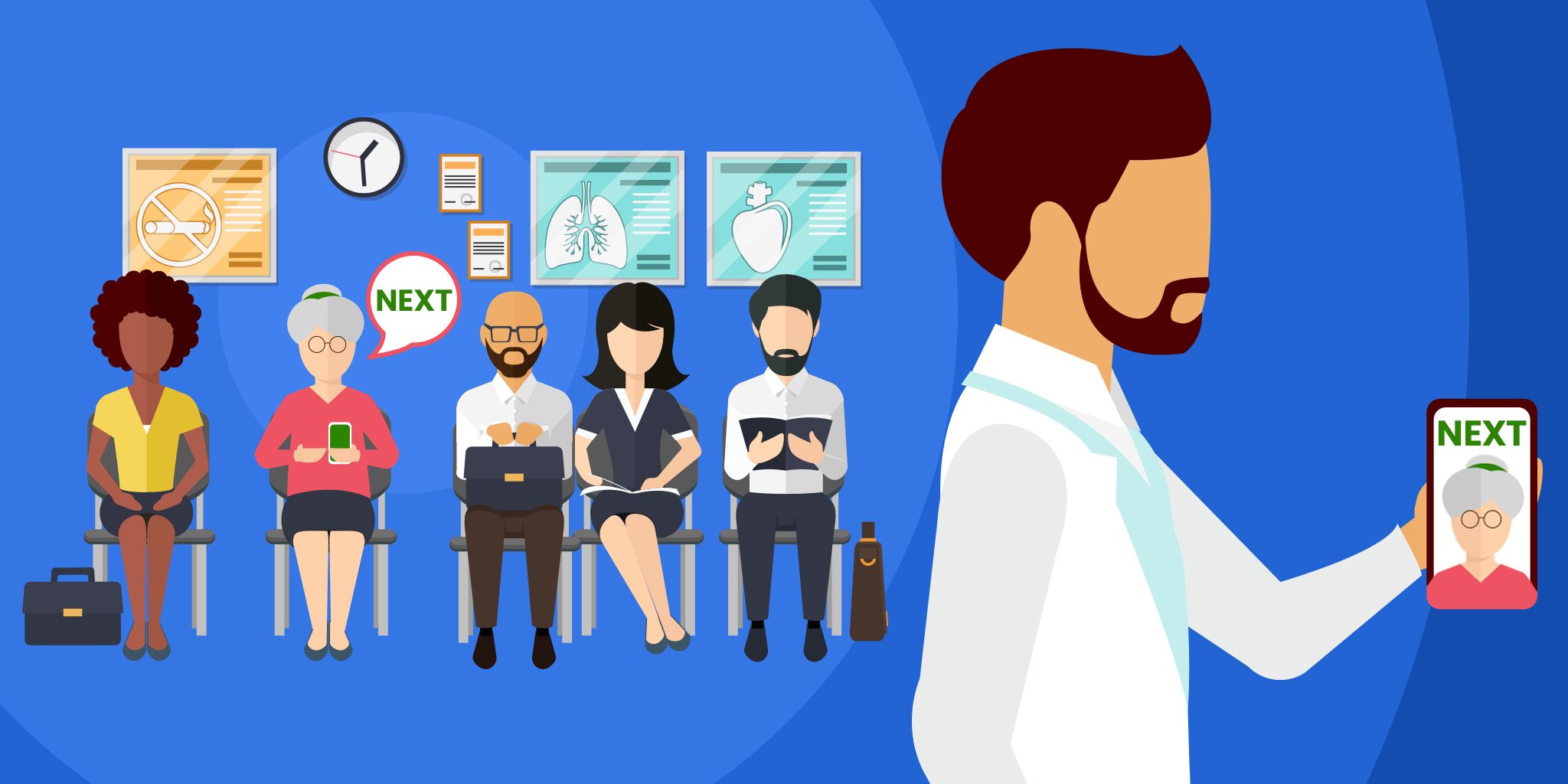Using IoT to Enable Charities
Using IoT to Enable Charities
- Last Updated: December 2, 2024
Devin Partida
- Last Updated: December 2, 2024



Connecting people with important causes will always be the primary goal of charity organizations. It is much easier to do so by embracing the Internet of Things (IoT). These are several ways IoT can improve a nonprofit organization’s efficiency, communication, and outreach. Let's take a look at the critical ways IoT can help.
'Reflecting on which strategies haven’t been modernized, then updating them with IoT software or devices will launch charities into the future of giving.' -Devin Partida
IoT Use Cases in Charities
#1: Support Event Participants
A charity doesn’t need to focus on physical fitness to raise money. However, many organizations host community walks or runs annually. It is easy for people to sign up and get moving, but it is more challenging to show how their cardio workout matters. Internet-connected devices like smartwatches or fitness trackers use IoT to fix that challenge. Users can reach custom milestones to celebrate their achievements and track how much money they have raised with each mile.
#2: Monitor Social Media
People of all ages are on social media, so it is a crucial resource for nonprofit organizations. IoT can assist with data aggregation and tracking. Social media monitoring software can show how many people shared information, clicked through a link, or donated because of a new post. Migrating to modern communication abilities is essential for charities and nonprofits. The latest data shows that 86 percent of millennials are on social media, with Gen Z and younger people following in their footsteps. The future is digital, so nonprofits should use the internet to reach donors and volunteers more effectively.
#3: New Volunteer Opportunities
There will always be ways to turn IoT devices and programs into volunteer opportunities. The Plastic Tide recently demonstrated this with its drone program. The drone takes aerial pictures of ocean pollution and posts them online, then public users tag the garbage in each image to locate the areas most in need of help. Creating virtual volunteer roles makes more charity work possible. People won’t have to pass on opportunities because they cannot afford the time off work or the drive to a venue. Whether someone needs to spend their free time studying for a tech career or running a business, they can still support the causes they love with virtual volunteering.
#4: Cashless Donations
Nonprofit organizations and charities always strive to be as accommodating to their donors as possible. Part of that requires expanding donation opportunities. IoT software and devices maximize how people can give back by creating virtual donation links.
Research shows that 41 percent of Americans make only cashless purchases because they don’t carry bills or change. That number grows yearly, so making donations more efficient with IoT resources is essential to a nonprofit’s long-term success.
#5: Financial Transparency
People always want to know where their money goes after they give it to a charity or event. They know which cause they are supporting and what each dollar does. Smart sensors and devices track every penny and log the results in dashboards. Charity or nonprofit leaders can then provide accurate, up-to-date proof of their work with social media posts, newsletters, or press releases.
The Impact of IoT
There are numerous ways to use IoT technologies to enable charities and make them more efficient. It all depends on what an organization currently does. Reflecting on which strategies haven’t been modernized, then updating them with IoT software or devices will launch charities into the future of giving.
The Most Comprehensive IoT Newsletter for Enterprises
Showcasing the highest-quality content, resources, news, and insights from the world of the Internet of Things. Subscribe to remain informed and up-to-date.
New Podcast Episode

Moving Past the Pilot Phase in IoT and AI
Related Articles
